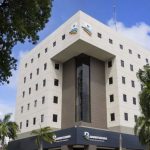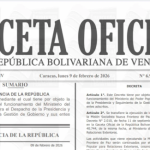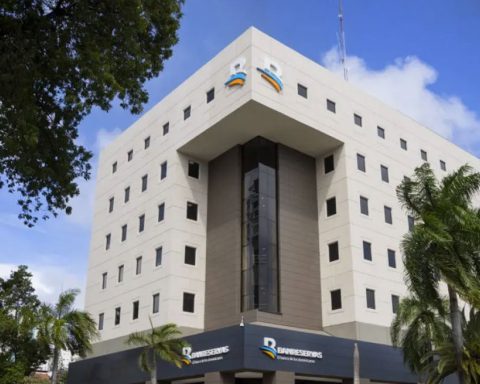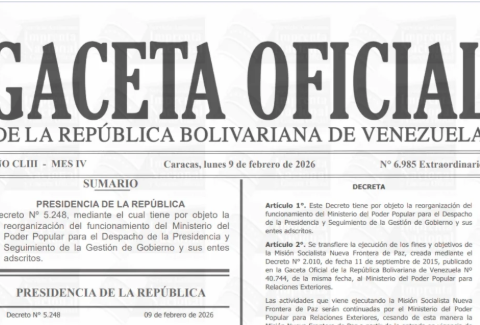In September, the Argentine Government recorded a primary surplus of 816,477 million pesos (about 842 million dollars) while the financial surplus was 466,631 million pesos (481 million dollars), after a net intra-sector public debt interest payment. public for 349,816 million pesos. Thus, it accumulated nine consecutive months of surplus.
The result responded to the strong sustained cut in spending, which offset the moderate increase in income. Thus, the National Public Sector accumulates in the first nine months of the year a financial surplus equivalent to 0.4% of GDP and a primary surplus of 1.7 percent.
“This primary result is consistent with the spending path considered sustainable, and is generated in income that responded to specific situations such as the resources obtained from the Special Income Regime on Personal Property Tax (REIBP),” they noted from the Government. “Argentina cannot afford to lose the fiscal order, because it is a country that has no credibility. Being a policy maker from Argentina is not the same as being a policy maker from a developed country, we have to regain credibility and we are doing it “said Luis Caputo.
In that same sense, the minister’s advisor, Felipe Nuñez, explained: “It is the first time that this has been achieved without being in default.”
Income rose, but less than inflation
Total revenues for the month reached $9,114,215 million (+197.3% yoy), which implies a real drop when compared against inflation in the same period (209%). Tax collection showed a growth of 197.3% year-on-year, “mainly explained by the variation in income corresponding to Contributions and Contributions to Social Security (+219.6% yoy), Export Rights (+379.3%), and Personal Assets (+1,536.0% y/y), explained mainly by the REIBP”, stated the Ministry of Economy.
Taxes linked to economic activity all grew below inflation. This is the case of the tax on Debits and Credits (175.4% year-on-year), VAT net of refunds (156%) and Profits (163.6%). “The surplus was achieved with a 30% year-on-year reduction in primary spending in real terms. This allows the resources that were previously going to finance the State to be returned to the private sector. Adjusted for inflation, in September 2023 a deficit of almost $1,600,000 million,” analyzed the advisor to the Ministry of Economy, Martín Vauthier.

















